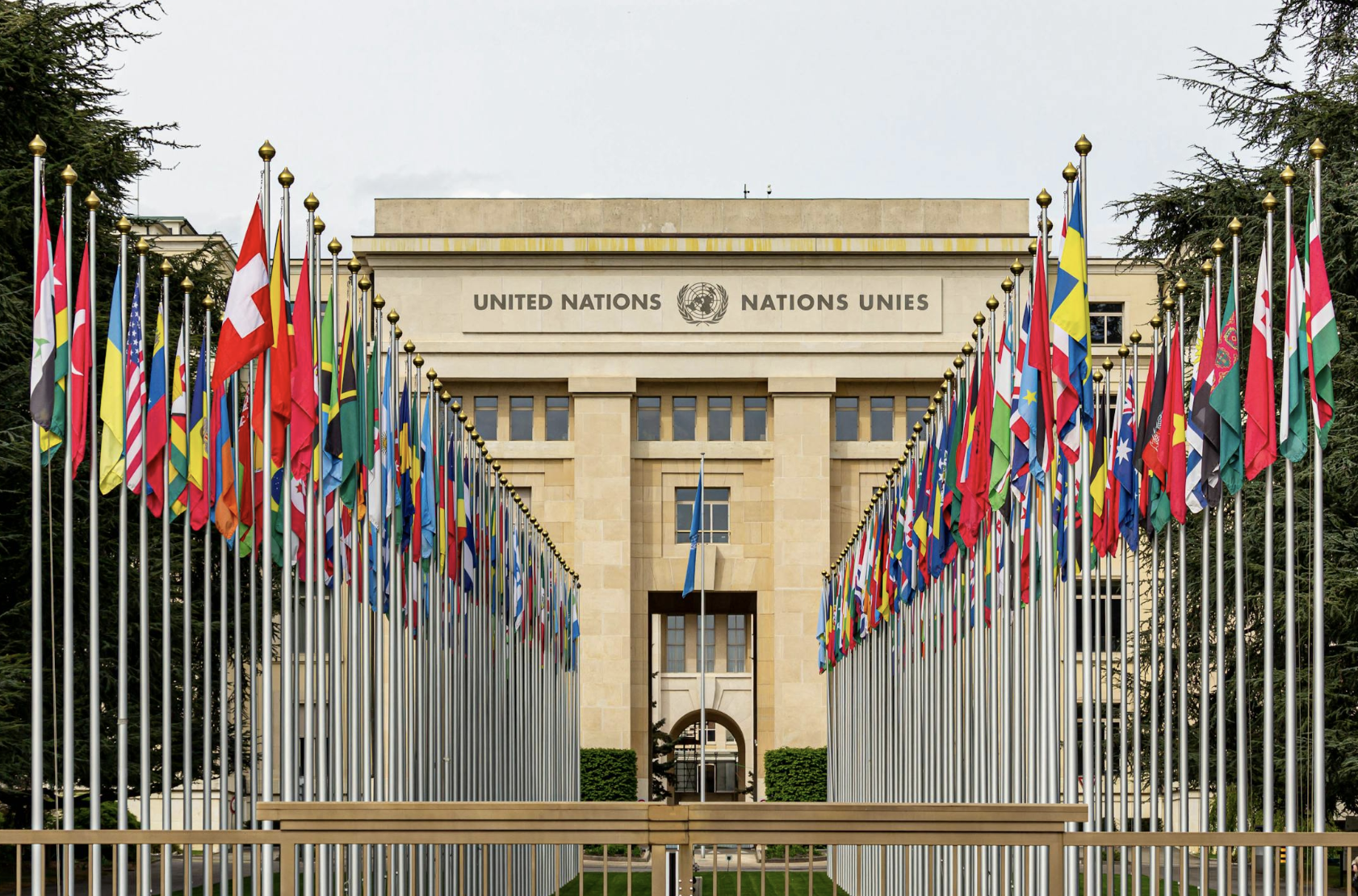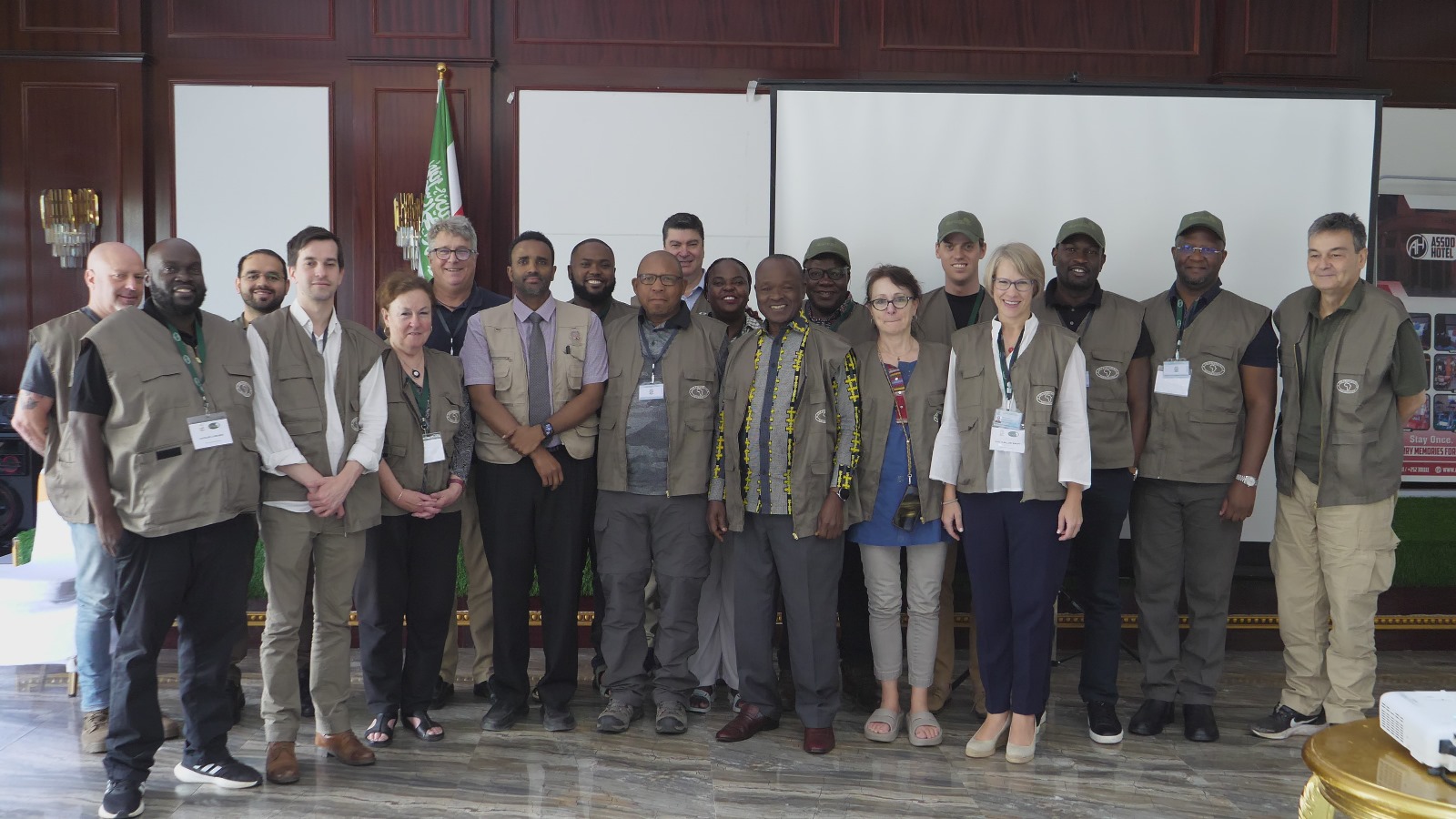News
A Reminder (again) why the UN is Useless for Ordinary People
The United Nations has become a political machine which appears to have lost its moral compass, while citizens who value democracy, who fight for human rights and who are the subject of repression continue to be ignored in favour of a deadly combination of bureaucratic elitism and authoritarianism.

Director, The Brenthurst Foundation

Research Director, The Brenthurst Foundation

Nothing illustrates the weakness of African democracy than the illegal rendition of Uganda’s Dr Kizza Besigye from Kenya and his farcical “trial” before a military court over trumped-up charges.
Besigye, a well-loved and respected critic of Ugandan President Yoweri Museveni’s increasingly repressive and violent regime, was detained by unknown paramilitary agents while attending a book launch in Kenya.
He was then taken illegally across the border to be court-martialed in Uganda despite not being a member of that country’s military.
You would think this absurd and blatant transgression of democratic norms – indeed of the more basic norms of human decency and fairness – would have attracted global opprobrium.
By now the African Union, the United Nations, the Commonwealth and others who claim to be deeply concerned about basic rights should have spoken out to correct this latest episode in the grave and continuous assault on democracy.
Instead there has been silence. This silence has become the new way in which multilateral institutions send a signal that they are above intervening when actual rights are threatened because they are all about serving an internal bureaucratic machinery which is, in turn, in the thrall of big-power politics.
That’s the tragedy of how multilateralism works. Geopolitical action in these multilateral institutions is not driven by concern about the assault on the rights of individuals so much as the inoculation of elites against criticism. They put states and incumbents, not people, first in international relations.
At the 16th BRICS summit in Kazan in October, UN secretary-general António Guterres said of the body, which includes the host Russia, that “I salute your valuable commitment and support for international problem-solving”. Putin could not have scripted such a bizarre statement better, in a single line excusing him of his flouting of international law and continuous transgression of human rights, the very undergirdings of the UN itself.
There is, as South Africa and other countries repeatedly point out, something seriously wrong and which requires urgent reform. But it’s not the sort of meaningful reform that the BRICS would prefer.
South Africa’s remedy, as outlined by President Cyril Ramaphosa at the G20 summit in Rio, a body which South Africa will chair for the next year, is that: “These institutions need to be inclusive and representative.”
Ramaphosa said the UN Charter should return to the centre of its agenda. Article One commits the UN: “To maintain international peace and security, and to that end: to take effective collective measures for the prevention and removal of threats to the peace, and for the suppression of acts of aggression or other breaches of the peace, and to bring about by peaceful means, and in conformity with the principles of justice and international law, adjustment or settlement of international disputes or situations which might lead to a breach of the peace.”
Perhaps South Africa’s abstention in the vote to condemn the Russian invasion of Ukraine was a momentary oversight which will be corrected in light of this renewal of vows to the UN Charter?
Instead, South Africa proposes adding two permanent African members to the Security Council with full veto rights. Ramaphosa also wants the UN to overhaul the global financial architecture. “The global financial system must be fit for purpose.”
It is true that the UN and these other bodies are only as good as the lowest common denominator. Despite their noble ideals, they do not value or promote open democratic societies where patently unjust actions such as arbitrary detention and rendition are subject to review and where the people, should they feel their leaders have failed them, are able to vote them out and replace them.
The BRICS are, by their lack of democratic character and the fundamental absence of human rights as their prevailing norm, hardly likely to encourage reform of a system in favour of individual rights. And yet South Africa has made the BRICS the centrepiece of its foreign policy.
The real problem – that the UN among other multilateral regimes has become a political machine which appears to have lost its moral compass – will not be addressed unless there is a return to the fundamental values of openness and accountability which are the only antidote to repressive regimes such as that in Uganda.
Until then, citizens who value democracy, who fight for human rights and who are the subject of repression, will continue to be ignored in favour of a deadly combination of bureaucratic elitism and authoritarianism, both strains of which are unelected.
As such, the danger of UN Security Council reform is that it will only serve to increase the leverage of authoritarians over open democratic societies.
Perhaps that’s the aim?
This article originally appeared on the Daily Maverick


